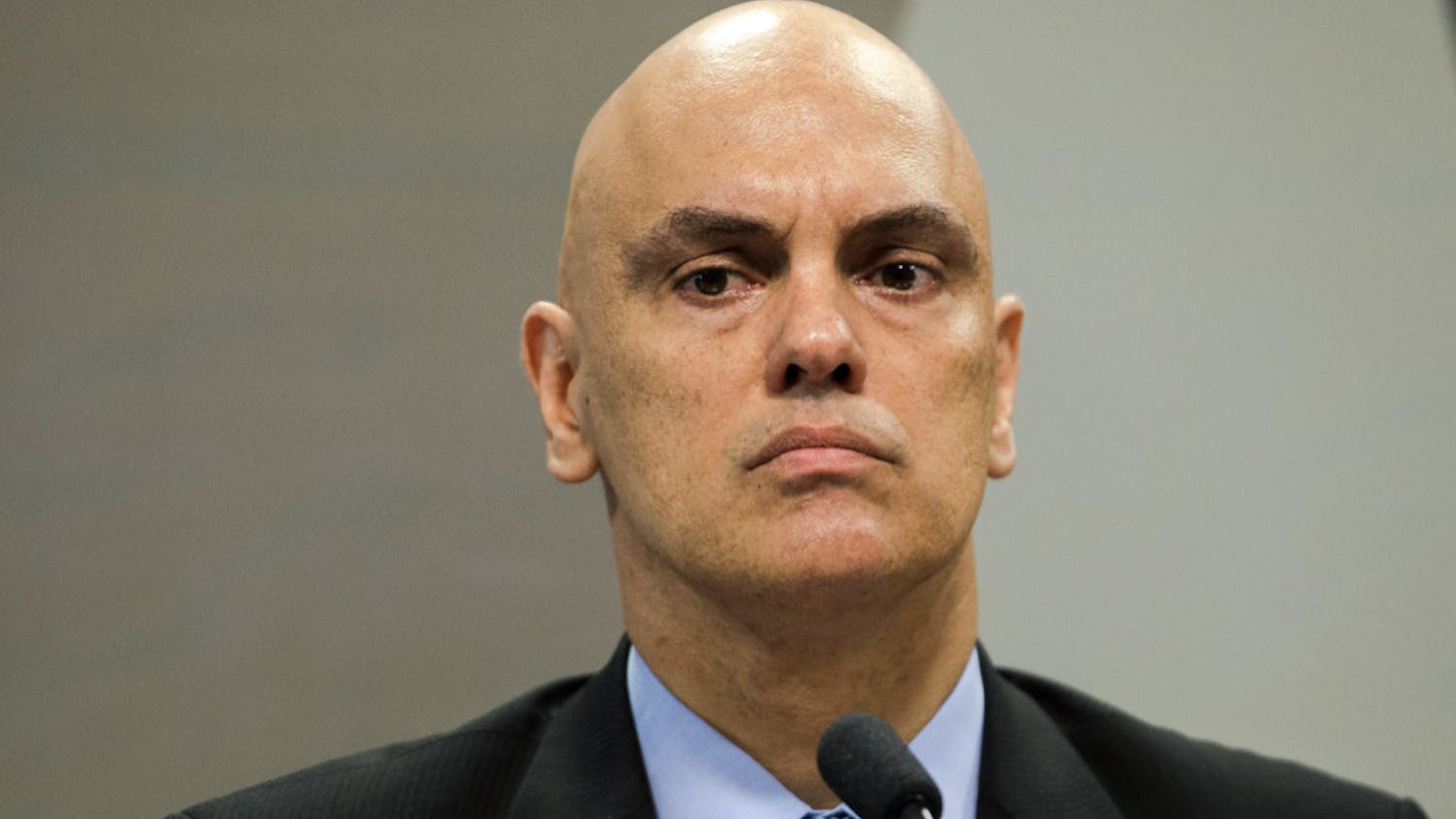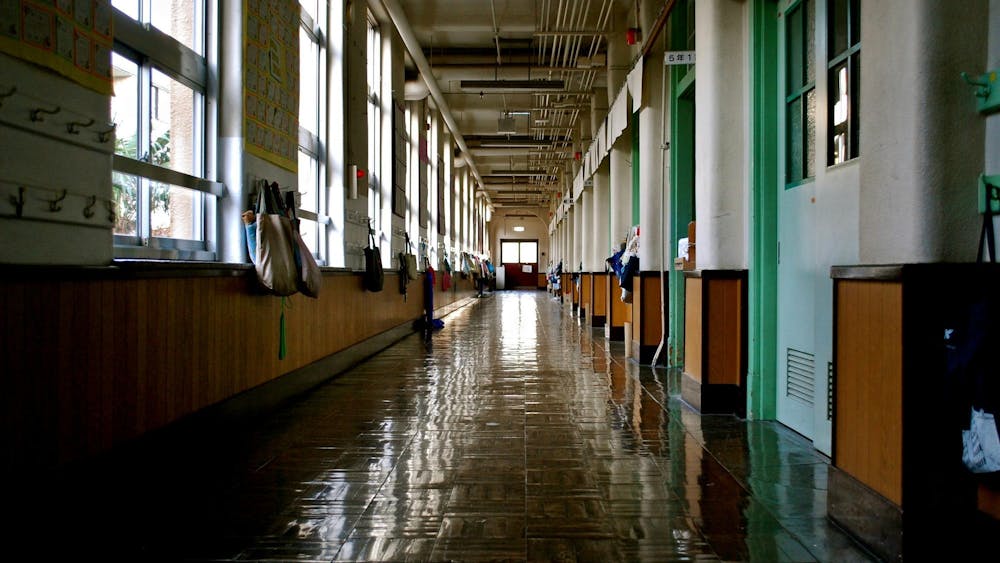When I think about my time here at Saint Mary’s College, I think about a whirlwind of incredible experiences: football games in the fall, quarter-wings and dollar-wells at Brothers, my cozy classes that felt like book clubs and seeing the famous Golden Dome everyday. But I also think about that gnawing question: What in the world am I going to do after I leave here?
Although the question is the quickest way to get any senior’s heart pounding and palms sweating, I actually have several ways I could answer it. I could apply for a business job. I could take the GRE or the LSAT and continue my education. I could even take a year off and backpack through Europe. I have choices.
But the question of what I could do after graduation actually has a second component – what should I do? As I turned each choice over in my head, none of them felt quite right.
The truth is, I lead a pretty privileged life. I worked hard to get to and through college and faced struggles along the way, but I went to a high school where kids were expected to graduate and we had plenty of extra support and resources to help us plan our next chapters in life. Whenever I needed support, I never had to look far. And it wasn’t just my family and teachers that encouraged me. Examples of successful people were all around, from the people I saw on campus during college visits to the majority of government leaders and actors I watched on TV. Everywhere I turned, society told me I could be successful.
But I know that the same isn’t true of kids all across the country. When I was growing up, I couldn’t wait to wear a college hoodie or lug important-looking philosophy books across a leafy campus. This was my image for myself and I’ve been fortunate to be able to realize it. For too many kids, the same opportunities don’t exist. For students growing up in the lowest-income communities, only 6 percent will graduate from college by the time they’re 25. This disparity in no way reflects their capabilities – it’s a result of deeply entrenched systems of oppression that have denied low-income kids equal access to opportunity for decades.
I applied to Teach For America because I believe every child should have the opportunity to obtain an excellent education. At Saint Mary’s, I’ve had unbelievable opportunities – close-knit intimate classes, two semesters of ceramics, season tickets to watch the Fighting Irish do great things. I’m deeply grateful for these things just as I recognize that I have no exclusive entitlement to them. When I think about what I can and should do with my privilege, working with kids to ensure they can choose their own opportunities is the answer that fits.
I didn’t decide to teach because I think I’m going to be a hero. This work will be incredibly challenging and humbling, and I will have to push myself harder than I ever have to give my students the education they deserve. I will need to work in close partnership with the parents, teachers and community members who have been working towards justice and equity long before I arrived. But I don’t want a job that lets me turn a blind eye to the injustice kids face every day. I want one that forces me to look injustice in the face and fight it with all my heart. I want one that holds me accountable for the injustices that plague our communities. Although I did not create them, I still bear responsibility if I choose not to address them.
As I become a Teach For America corps member after graduation, I’ll be joining a network of more than 47,000 people working relentlessly to make access to opportunity equitable. It’s a network of leaders vastly diverse in background and experience, working across sectors to create change. But we are all united around the fundamental belief that a quality education is not a privilege – it is a right. We can fight to ensure all students get to enjoy that right. As you think about what in the world you’re going to do after you leave here, I hope you’ll consider joining Teach for America.













